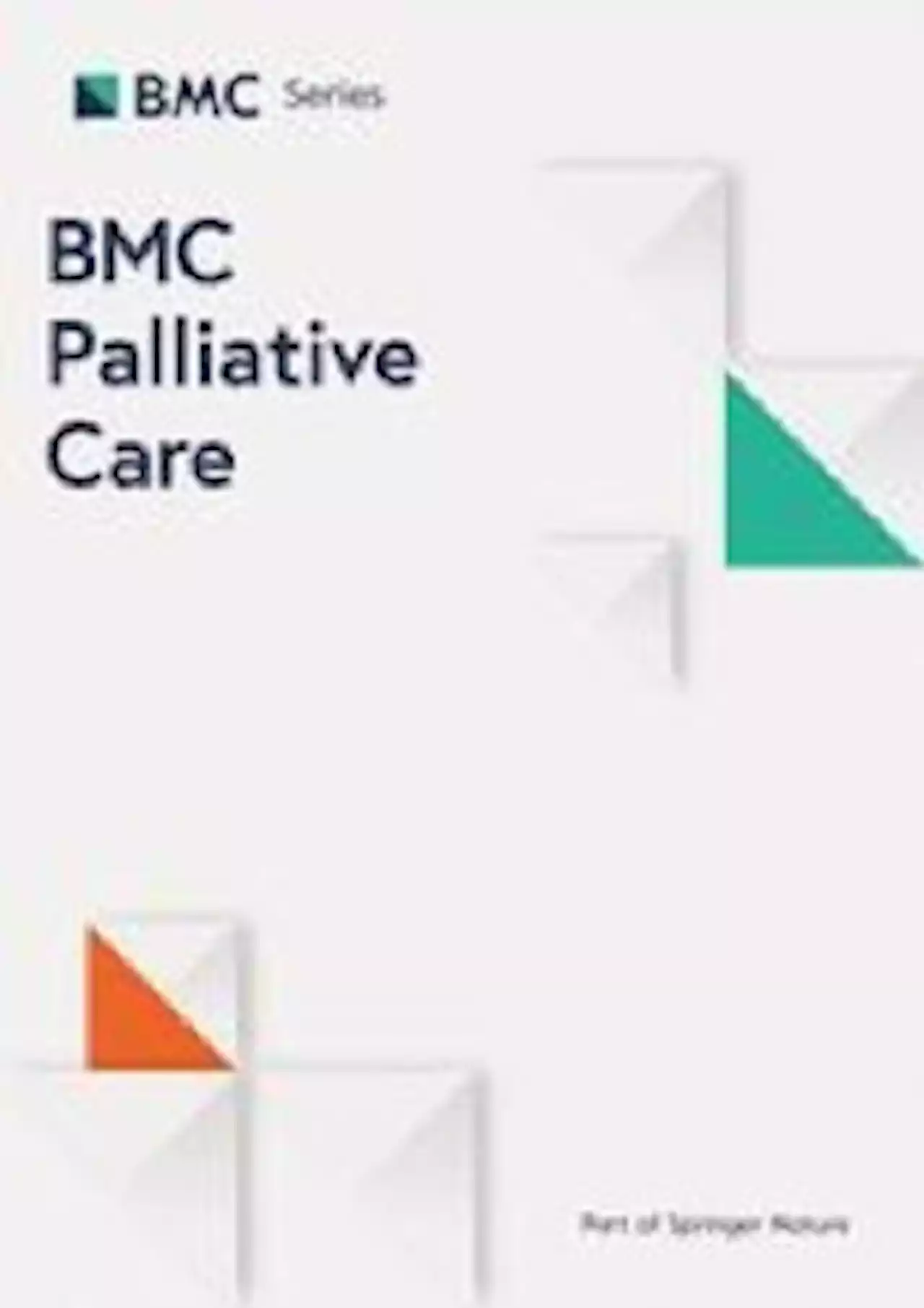Regulators to review hospital trust after claims of bullying and intimidation from whistleblowers
Regulators are to conduct a review of leadership at the trust which runs Royal Bolton Hospital after concerns from staff whistle-blowers.
In a separate development, CQC inspectors visited the hospital unannounced last Wednesday after receiving specific concerns about children and young people’s services at the trust.The trust said that it welcomed both the well-led inspection and last week’s review of services for children and young people, which they say will help them find ‘where we need to improve’.
On the need for a ‘well led’ review of management culture at the trust, regulators are set to investigate a series of whistle-blowing claims about the leadership. A CQC spokesman, said: "The trust remains subject to ongoing monitoring and we’ll be carrying out a further well led inspection and the findings will be published in a report in due course."
United Kingdom Latest News, United Kingdom Headlines
Similar News:You can also read news stories similar to this one that we have collected from other news sources.
 Effectiveness and cost effectiveness of palliative care interventions in people with chronic heart failure and their caregivers: a systematic review - BMC Palliative CareBackground Chronic heart failure is a common condition, and its prevalence is expected to rise significantly over the next two decades. Research demonstrates the increasing multidimensional needs of patients and caregivers. However, access to palliative care services for this population has remained poor. This systematic review was to provide an evidence synthesis of the effectiveness and cost-effectiveness of palliative care interventions for people with chronic heart failure and their caregivers. Methods Relevant publications were identified via electronic searches of MEDLINE, Embase, PsychInfo, CINAHL, CENTRAL and HMIC from inception to June 2019. Grey literature databases, reference list, and citations of key review articles were also searched. Quality was assessed using the Revised Cochrane Risk of Bias Tool. Results Of the 2083 records, 18 studies were identified including 17 having randomised controlled trial (RCT) designs and one mixed methods study with an RCT component. There was significant heterogeneity in study settings, control groups, interventions delivered, and outcome measures used. The most commonly assessed outcome measures were functional status (n = 9), psychological symptoms (n = 9), disease-specific quality of life (n = 9), and physical symptom control (n = 8). The outcome measures with the greatest evidence for benefit included general and disease-specific quality of life, psychological symptom control, satisfaction with care, physical symptom control, medical utilisation, and caregiver burden. Moreover, the methodological quality of these studies was mixed, with only four having an overall low risk of bias and the remaining studies either demonstrating high risk of bias (n = 10) or showing some concerns (n = 4) due to small sample sizes and poor retention. Only two studies reported on economic costs. Both found statistically significant results showing the intervention group to be more cost effective than the control group, but the quality
Effectiveness and cost effectiveness of palliative care interventions in people with chronic heart failure and their caregivers: a systematic review - BMC Palliative CareBackground Chronic heart failure is a common condition, and its prevalence is expected to rise significantly over the next two decades. Research demonstrates the increasing multidimensional needs of patients and caregivers. However, access to palliative care services for this population has remained poor. This systematic review was to provide an evidence synthesis of the effectiveness and cost-effectiveness of palliative care interventions for people with chronic heart failure and their caregivers. Methods Relevant publications were identified via electronic searches of MEDLINE, Embase, PsychInfo, CINAHL, CENTRAL and HMIC from inception to June 2019. Grey literature databases, reference list, and citations of key review articles were also searched. Quality was assessed using the Revised Cochrane Risk of Bias Tool. Results Of the 2083 records, 18 studies were identified including 17 having randomised controlled trial (RCT) designs and one mixed methods study with an RCT component. There was significant heterogeneity in study settings, control groups, interventions delivered, and outcome measures used. The most commonly assessed outcome measures were functional status (n = 9), psychological symptoms (n = 9), disease-specific quality of life (n = 9), and physical symptom control (n = 8). The outcome measures with the greatest evidence for benefit included general and disease-specific quality of life, psychological symptom control, satisfaction with care, physical symptom control, medical utilisation, and caregiver burden. Moreover, the methodological quality of these studies was mixed, with only four having an overall low risk of bias and the remaining studies either demonstrating high risk of bias (n = 10) or showing some concerns (n = 4) due to small sample sizes and poor retention. Only two studies reported on economic costs. Both found statistically significant results showing the intervention group to be more cost effective than the control group, but the quality
Read more »
 Cardiovascular disease screening positively impacts quality of life: No significant emotional distress foundResearchers examine the impact of population screening-generated events on quality of life: invitation, positive test result, initiation of preventive medication, enrolment in follow up at surgical department, and preventive surgical repair.
Cardiovascular disease screening positively impacts quality of life: No significant emotional distress foundResearchers examine the impact of population screening-generated events on quality of life: invitation, positive test result, initiation of preventive medication, enrolment in follow up at surgical department, and preventive surgical repair.
Read more »
 Woman threw water 'as hot as tea' at care manager whilst screaming racist slur“What you did caused real harm to those ladies who were just trying to help you'
Woman threw water 'as hot as tea' at care manager whilst screaming racist slur“What you did caused real harm to those ladies who were just trying to help you'
Read more »
 Nigel Farage is threatening a political comeback – question is, will anyone care?Retrograde revolutionaries light the spark of discontent, briefly soar – and then fizzle 🖋️ annemcelvoy for ipaperviews
Nigel Farage is threatening a political comeback – question is, will anyone care?Retrograde revolutionaries light the spark of discontent, briefly soar – and then fizzle 🖋️ annemcelvoy for ipaperviews
Read more »
 Unlocking the brain-lung dialogue key to future treatments for critical care patientsUnlocking the brain-lung dialogue key to future treatments for critical care patients VentilatoryManagement BrainInjury CriticalLink Healthcare Neurology CriticalCare BrainHealth Neurology BMCMedicine BioMedCentral
Unlocking the brain-lung dialogue key to future treatments for critical care patientsUnlocking the brain-lung dialogue key to future treatments for critical care patients VentilatoryManagement BrainInjury CriticalLink Healthcare Neurology CriticalCare BrainHealth Neurology BMCMedicine BioMedCentral
Read more »
